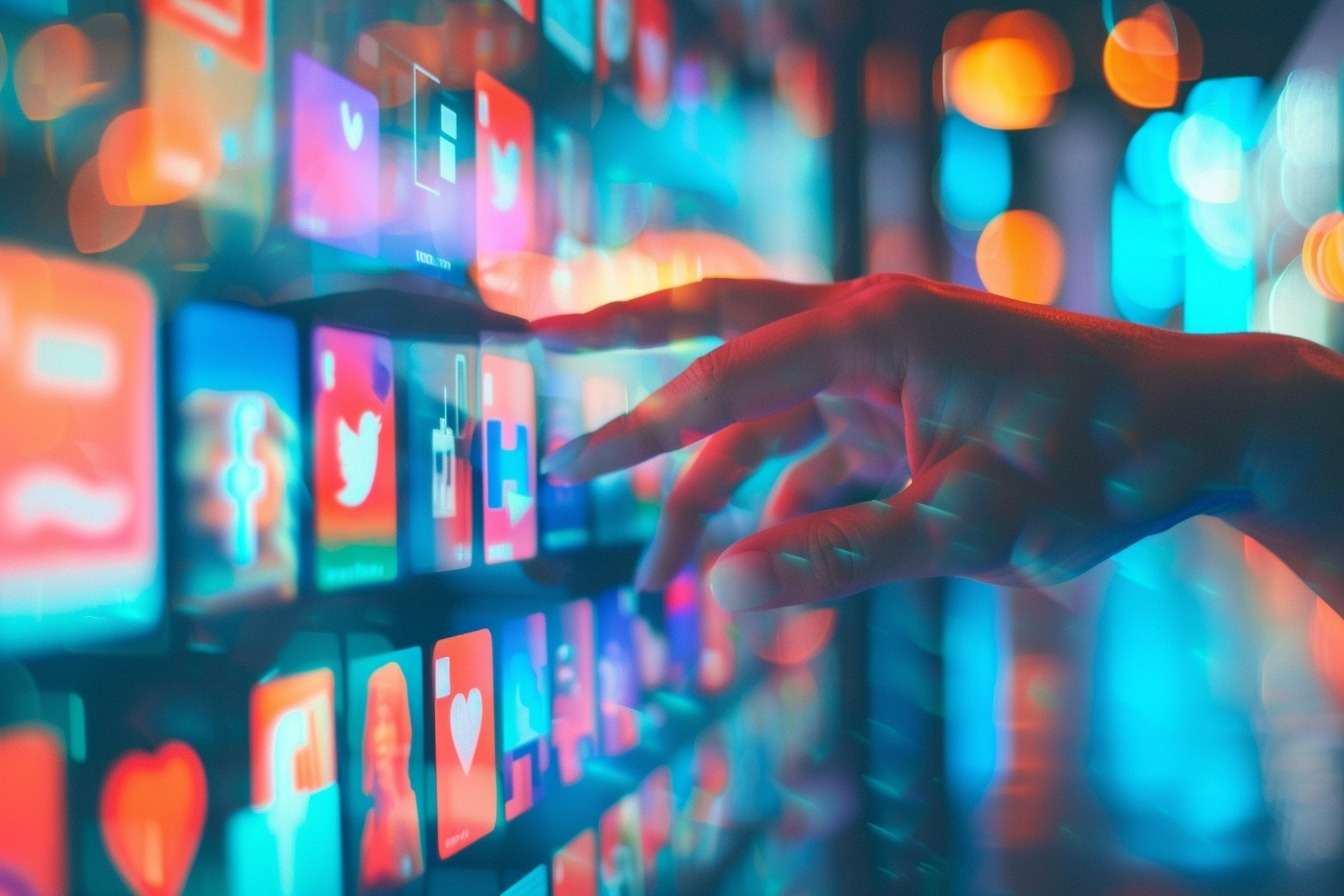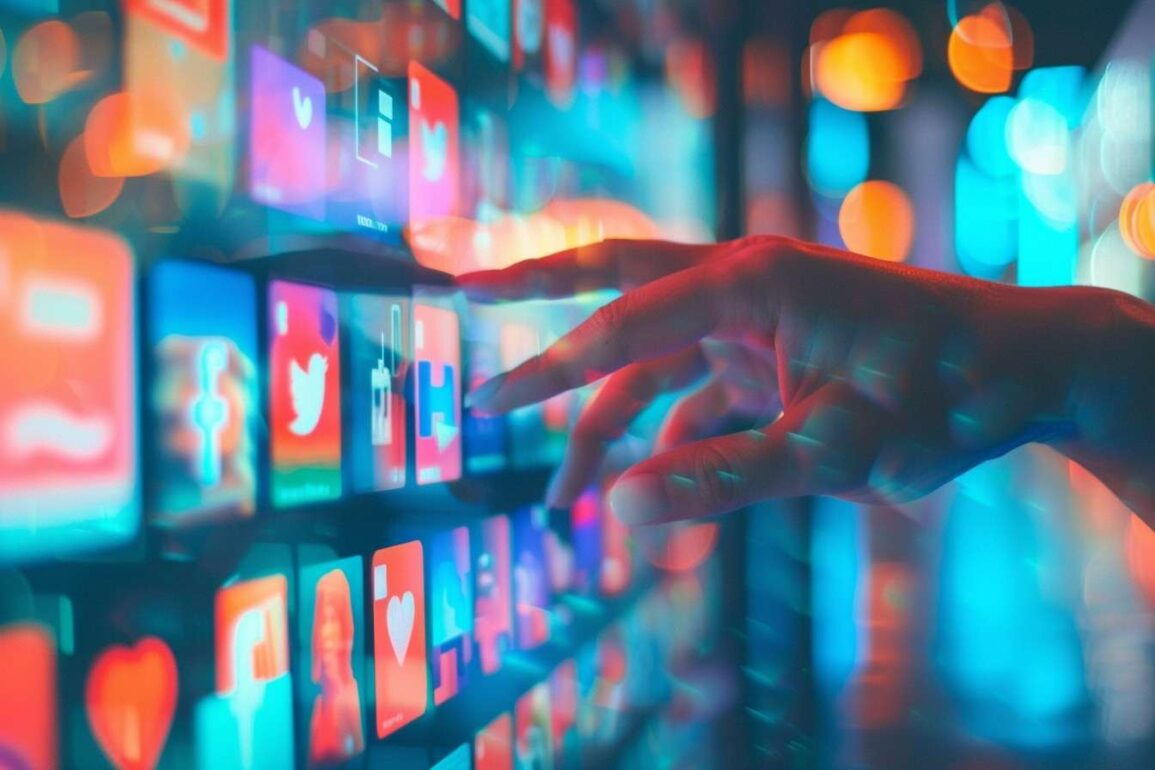
By 2024, the social media user experience had become extremely unpleasant, evoking unprecedented negative feelings among users.
A Digital Overload
The year 2024 has become a watershed moment for social media usage. These platforms have transformed into monetization behemoths, swamped with relentless content aimed at capturing our attention. The pervasive ads, artificial intelligence, and endless opinions from strangers have turned our online experience from a joy into a chore.
The Loss of Authenticity
Open Instagram and you’re immediately met with an ad for bidets, followed by promotions for lingerie, squat-proof shorts, and shoes likely dropshipped from AliExpress. Memes offer a brief respite, yet quickly give way to more ads. Genuine interaction with people we know in real life has become a rarity.
On TikTok, the scenario is much the same. The “For You” page adeptly targets our content preferences, yet every other post is either sponsored or pitching a product from the TikTok shop. It’s all too easy to get sucked into the endless scroll of videos made by strangers.
The term “brain rot,” or mental degradation, was named the word of the year 2024 by Oxford, mirroring the growing frustration with the hours spent consuming meaningless internet content. Meanwhile, Australia’s Macquarie dictionary selected “enshittification,” a term describing how beloved platforms and products are ruined as controlling companies chase profits.
The Quest for a Human Online Experience
Users are increasingly seeking an online experience that is both welcoming and human. Alternative social apps like BeReal, Hive, and SpaceHey are trying to bring interpersonal interaction back to social networking, yet none have managed to make a lasting impact.
Ironically, social media giant Meta is betting more and more on artificial intelligence in its apps. Users can now create AI personas to interact with their followers, further reinforcing parasocial relationships with celebrities, influencers, and fictional characters.
In response to this digital overload, some are turning to platforms like Tumblr in search of a more authentic online experience. However, even these alternatives are not without flaws, as seen with Tumblr’s recent policy upheavals and its partnerships with AI.
This post was originally published on this site be sure to check out more of their content








